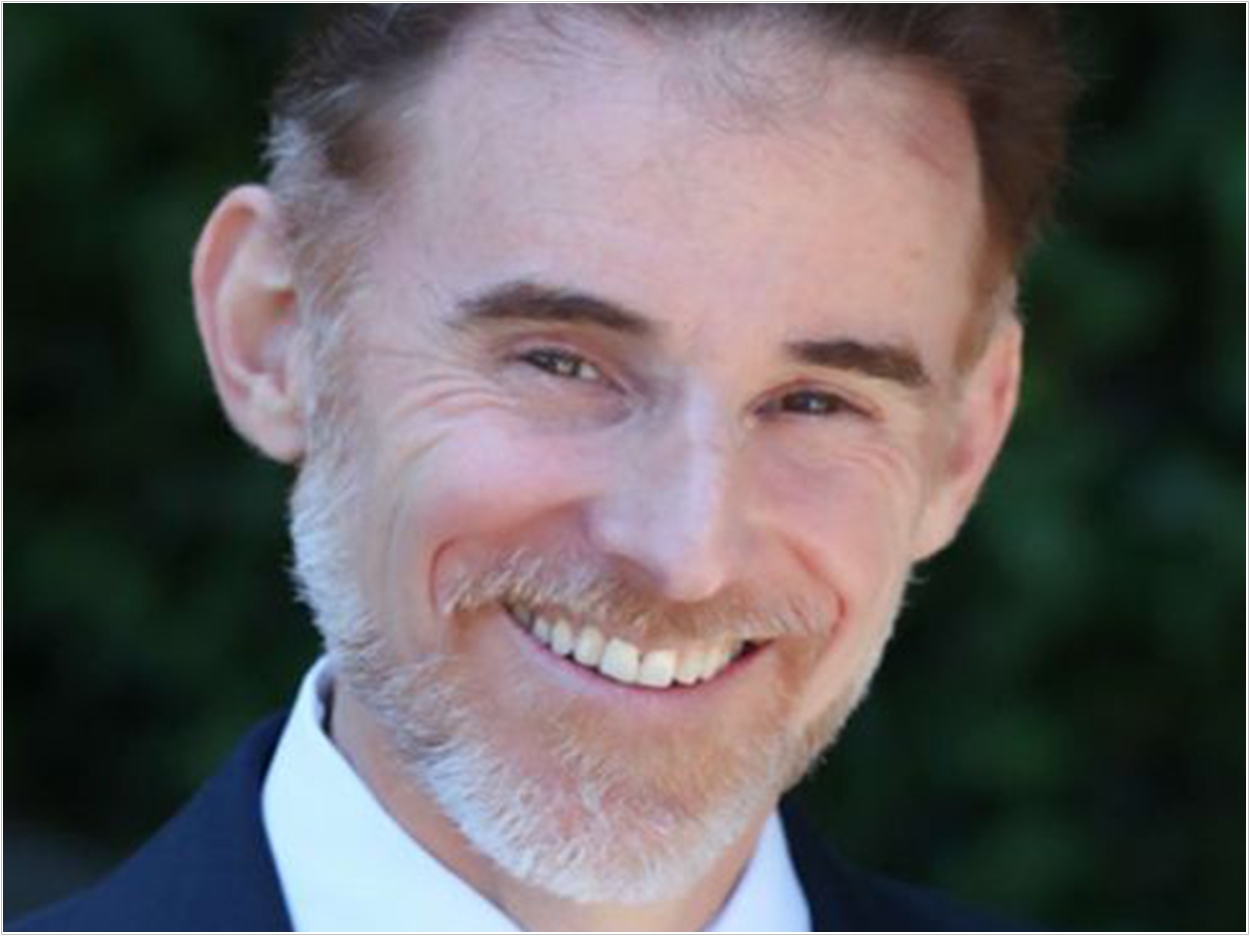
Dentists should provide saliva-based COVID-19 testing whenever patients visit their office, according to Dr. Joel Strom, an adjunct fellow at the Forsyth Institute.
“Of all health professionals, dentists have the most experience and understanding of saliva, its physiological role, how to collect it safely and how to evaluate it,” said Strom, who also is a former president of the California State Dental Board.
With about 200 million dental visits nationwide each year, Strom said, the environment and ease of collection make the dental office the perfect place to conduct these tests.
PCR nasal swabs, rapid antigen tests, and finger sticks can be uncomfortable and expensive, and they can involve long wait times, Strom said. Results may take several days to get as well.
But salivary testing, Strom continued, offers more comfort, faster turnaround times, lower costs, and greater access.
“Collecting spit is far more appealing than having your nose swabbed or your finger pricked,” Strom said. “Dentists should be performing in-office COVID-19 saliva tests on patients to help combat the virus.”
Researchers at the Forsyth Institute are working to develop and improve testing devices and technologies that utilize saliva as the test sample.
As a critical resource center selected by the National Institutes of Health Rapid Acceleration of Diagnostics initiative, Forsyth is assisting in the effort to develop and deploy millions of accurate, rapid COVID-19 point-of-care tests used daily in schools and for testing underserved populations.
“Since saliva is easy to collect and contains detectable traces of the SARS-CoV-2 virus, it is an ideal sample type,” said Wenyuan Shi, CEO and chief scientific officer of the Forsyth Institute.
“Saliva can also be collected repeatedly and does not require a specific method or tool to collect, unlike nasal swabs,” Shi said.
“The availability of comfortable, affordable salivary tests is just one example how dentists are uniquely positioned to increase access to health screenings not only for COVID-19 detection but also testing for a variety of systemic illnesses or monitoring measures of general health,” said Strom.
The Forsyth Institute also is developing a sampling technique involving a paper strip that collects tiny amounts of saliva from specific salivary glands in the mouth. This method would be ideal for people with Sjogren’s syndrome, which causes dry mouth, the researchers said.
“I have a full understanding of where dentistry falls on the healthcare professional spectrum and would not want to encourage any dentist to veer out of our lane and into clear non-dental treatments,” said Strom.
“However, collecting saliva, interpreting a test result, and referring to a physician is well within the dental scope of practice and provides patients with a low-cost opportunity to be screened and referred should the salivary evaluation warrant that referral,” he said.
The availability of salivary testing administered by dental professionals will provide greater access at lower costs unless government regulators such as medical and dental boards pump the brakes, Strom said.
Also, Strom anticipates a state-by-state consideration of whether dentists can provide these tests. He believes some states may prohibit dentists from performing saliva tests for COVID-19, reserving testing only for physicians, urgent care facilities, and hospitals.
“Dentistry out to get out in front of this issue,” Strom said. “Patients should make their voices heard to government officials so they can avail themselves of this convenient, comfortable, and cost-effective technology.”
Related Articles
Dental School to Develop COVID-19 Saliva Test
UCLA School of Dentistry to Develop Saliva-Based COVID-19 Test
Saliva Holds Potential for COVID-19 Testing


